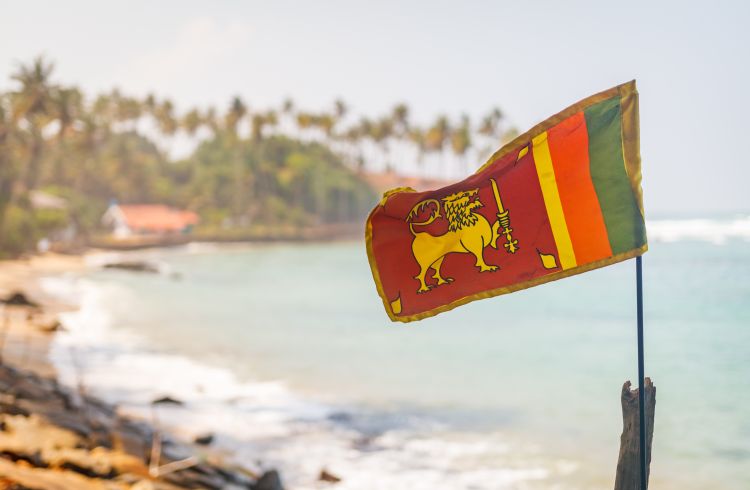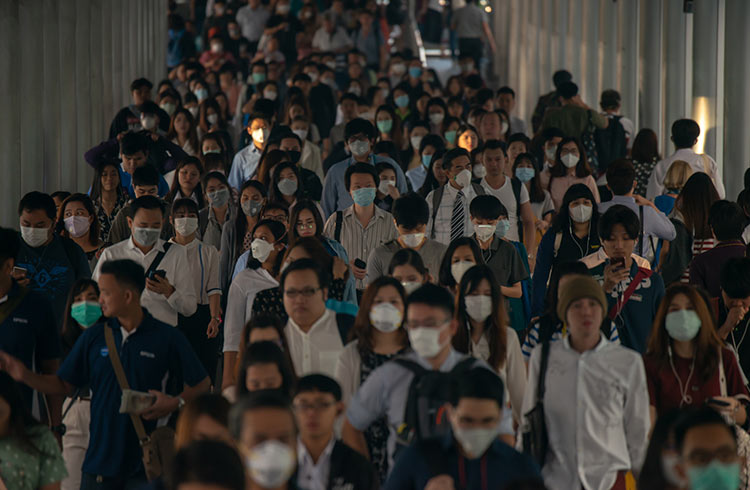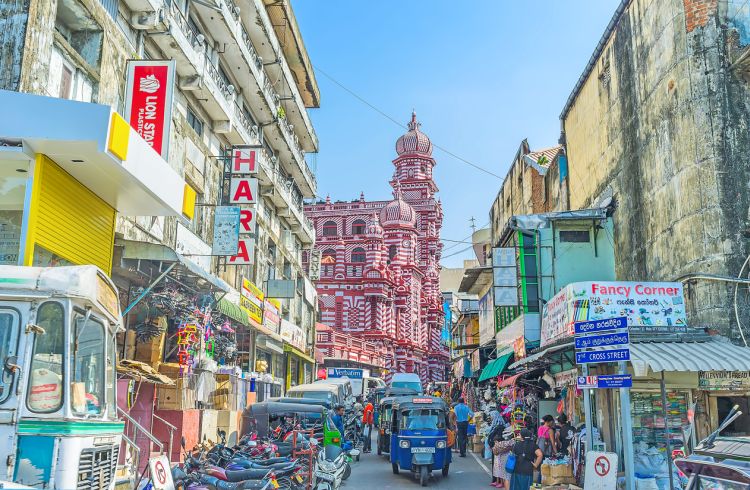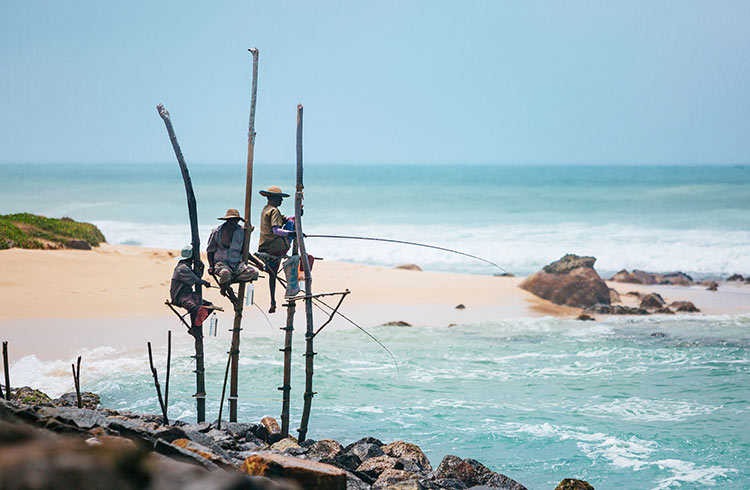Latest Travel Alerts and Warnings for Sri Lanka
What are the issues affecting travelers to Sri Lanka? Read the latest travel warnings and alerts
 Photo © Getty Images/Milan Chudoba
Photo © Getty Images/Milan Chudoba
State of Emergency and Curfew – May 2019
At least 290 people have been killed and more than 500 injured as three churches and three hotels were rocked by several explosions on Easter Sunday in Colombo, Batticaloa and Negombo. Sri Lankan Police have arrested 24 people in connection with the bombings and are still searching the affected areas for more explosive devices.
The Sri Lankan government has declared a state of emergency and an island-wide curfew is in place from 9pm until 4am due to recent civil unrest. Travelers who have a valid airline ticket and passport can travel to the airport during the curfew.
Several government travel advisories are warning visitors to reconsider all but essential travel to Sri Lanka.
Travelers who are leaving the country are advised to arrive at the airport at least four hours prior to departure due to heightened security clearances. For further information on the current situation and flights, check with your airline.
For those still in the country, it's advised to minimize your movements, avoid public places and large gatherings, particularly in Colombo. If you are in an affected area, move to safety and make contact with your government's embassy, your travel insurance provider and family as soon as possible.
Travelers are strongly urged to keep updated with local news reports, government travel advisories and follow all official warnings. Carry identification with you at all times. Failure to comply with directives from government authorities may result in you not being covered by travel insurance.
Protests and Political Unrest – October 2018
Protests turned violent in Kandy on Sunday 28 October in response to the dismissal of Prime Minister Ranil Wickremesinghe by Sri Lankan President Maithripala Sirisena. Deepening divisions between the President's party and the Prime Minister's are emerging. This political unrest may continue for some time. Supporters for both sides have been protesting in the streets, resulting in an increased police presence in the capital.
Another protest is planned for Monday, 29 October, and others are sure to follow in the coming weeks.
Travelers are strongly urged to keep updated with local news reports and government travel advisories. You should remain vigilant and avoid all demonstrations and rallies. Check with trusted locals about the possibility of protest gatherings each day, and avoid those areas. Carry identification with you at all times.
Tourism Police Numbers Increased – April 2018
Sri Lankan Police have increased their tourist police presence at several natural attractions and towns across the country after a Dutch tourist was sexually harassed and groups of Dutch and Israeli tourists were attacked near the resort towns of Mirissa and Weligama. Arrests have been made by local authorities.
Extra patrols at popular tourist spots will also be a part of the effort to curb crime and restore safety. Sri Lanka's Tourism Minister John Amaratunga has spoken out asking tourists to come forward and report all crimes. He also noted that female travelers should take caution when out at night.
State of Emergency in Kandy – March 2018
Sri Lankan authorities have removed the temporary state of emergency which was placed on the country in response to civil unrest particularly in the major city of Kandy and its surrounds in March. The Sri Lankan Tourism Promotion Bureau reports that all activities including tourism have returned to a normal state and Kandy, along with other parts of the country are safe for tourists to visit. Government authorities have announced that full security will also be in place.
Related articles
Simple and flexible travel insurance
You can buy at home or while traveling, and claim online from anywhere in the world. With 150+ adventure activities covered and 24/7 emergency assistance.
Get a quote


No Comments